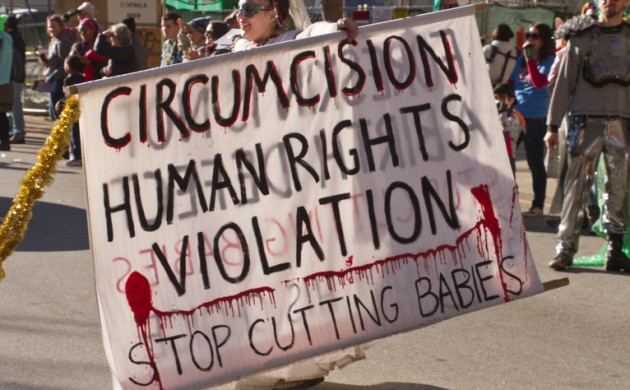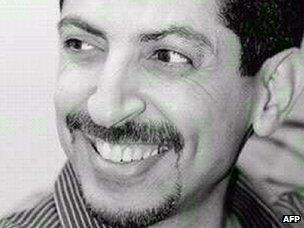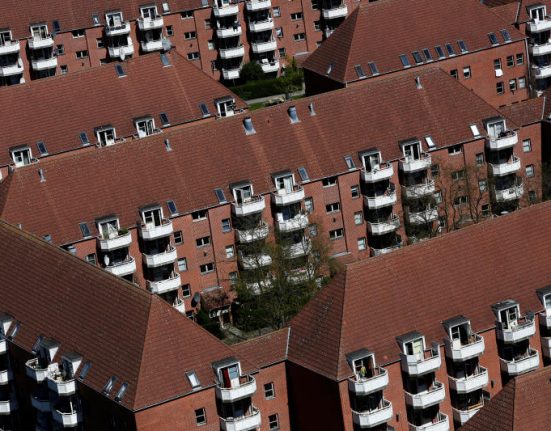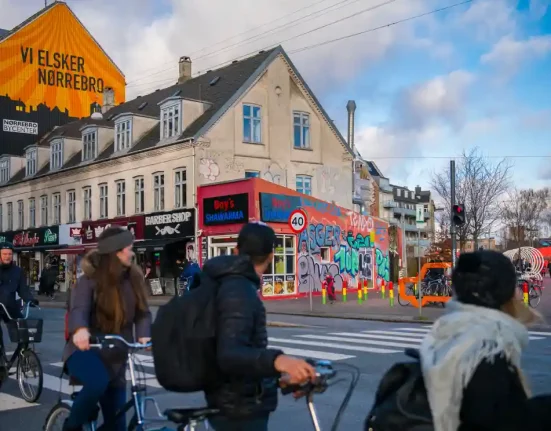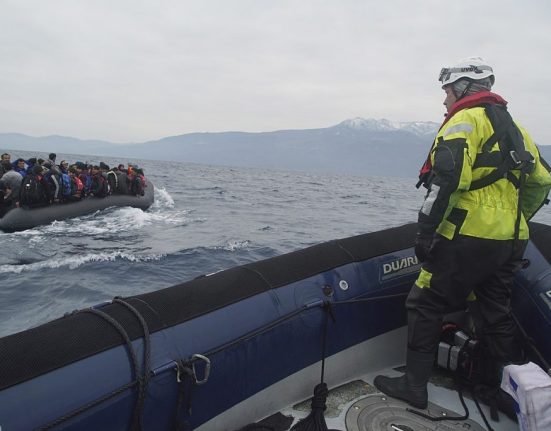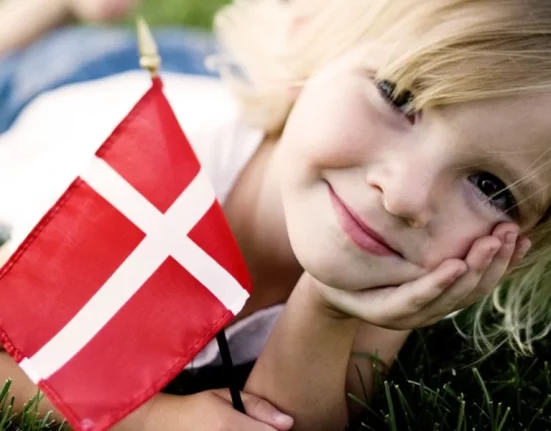Pre-trial detention has historically been employed more intensively in Denmark than in surrounding nations. Pre-trial inmates have climbed in percentage to the entire jail population during the previous five years, from 33.7 per cent in 2015 to 38.2 per cent in 2020.
Confusion throughout pre-trial imprisonment has psychological ramifications as well. The detainee’s susceptibility increases during the initial weeks of incarceration. As a result, incarceration can have serious psychological effects on inmates, particularly minors.
Solitary Imprisonment as a Corrective Step
As a disciplinary measure, the Danish Administration of Justice Act (AJA) allows adult offenders and minors to be isolated for up to four weeks.
Adults have seen a significant increase in such measures in recent years. In 2019, 4,416 detainees were exposed to this, with 705 of them spending more than 2 weeks in preventive detention, which is against the Mandela Principles.
DIGNITY and other institutions have evidenced the adverse health effects of prolonged isolation. Danish use confinement as a form of discipline or as a consequence of multiple legislative changes to the AJA in recent years.
For instance, in closed jails, the disciplinary penalty for the unauthorized holding of smartphones was increased to fifteen days in isolation the first time, twenty-one days the second attempt, and twenty-eight days the final time.
Conditions at Ellebæk
Rejected asylum seekers are detained in executive custody at Ellebk, which is administered by the Department of Prisons and Probation under prison-like conditions, even though they have not been charged or convicted of a crime.
Ellebk has a capacity of 136 inmates and will be increased by another 56 in the near future. Detainees, for instance, are not permitted to own a cell phone, and if they do, they would be sentenced to fifteen days in solitary, like in Danish jails.
The Danish Ombudsman has slammed the circumstances on two occasions.
A jail officer and union leader defined Ellebk as a “lost, locked prison” and remarked that it is not a place for anybody in a documentary broadcast by the news station TV2.
The conditions have been termed as inhumane by the pastor of Ellebk. Ellebk has been roundly chastised by CPT, most recently in January 2020, when it declared the circumstances “unacceptable.”
Civil society has complained to numerous international authorities about the circumstances, including the ban on cellphones, but very little has altered.
Face Coverings in Public
Wearing facial coverings in society is prohibited, with a penalty of 1,000 DKK for the first violation and a jail term for successive violations.
Religious headwear, for example, is not excluded from the legislation. In reality, the restriction was enacted specifically to prohibit the adoption of face veils and abayas in public places.
In any scenario, prohibiting religious headwear is plainly a violation of religious rights, as concealing one’s face can be a statement of one’s viewpoint or belief in many circumstances.


